The words ’green care’ are often used by rural entrepreneurs. Green care refers to well-being and care services which are inspired by nature. Media interest in the subject is also high: early morning television feature alpacas as therapeutic animals, and news headlines state that forest therapy helps substance abuse rehabilitation patients.
Lea Konttinen, Sitra’s Senior Lead in the area of well-being, explains what the phenomenon is all about: “Green care as an entrepreneurial business began in the 1990s in different parts of Europe. At that time, care services for children and the elderly were introduced in the Netherlands and Great Britain, among others. In the 2000s, green care services have grown further and expanded to new areas.”
There are about one hundred green care businesses in Finland. They offer care, rehabilitation and well-being services in a natural setting for children and the young, the elderly, mental health and substance abuse rehabilitation patients, and the mentally disabled. Green services are bought by local governments as well as private customers.
For example, a child diagnosed with an attention deficit disorder such as ADHD may not be able to concentrate at school. However, during horse therapy the child’s full attention is on the animal so that he or she is completely immersed in their interaction. Alpacas give those living in old people’s homes new experiences, and their visits are said to have a gladdening and calming effect.
Nature promotes health
The Finns love the outdoors and look to nature for recreation and refreshment. And Lea Konttinen says the positive effects of nature have been proved scientifically: ”Even half an hour in a natural environment daily significantly reduces stress levels and improves the immune response.”
Konttinen also points out that while natural environments are used by the care sector, just being close to nature improves the quality of life for everyone: “In addition to green care we can talk about green health, which is a more comprehensive concept. Green health expresses that being close to nature is beneficial even for those not requiring actual care.”

Optimistic outlook
Konttinen and Sitra can see that green health has immense business potential: nature-inspired recreation and well-being services can be targeted at companies and tourists, for example. The demand is there.
“In organic and local food, the breakthrough has already happened, and interest in well-being and sustainable values is growing constantly,” says Konttinen.
“The countryside appeals to an increasing number of people. Large companies in the technology, trade and paper sector, for example, are potential major customers. It only remains to develop services and make them better known.”
Examples can be found in Japan where business executives go to retreats at specially designed hotels, or in Italy where a group of young adults from Britain established a yoga centre in a natural setting. Konttinen thinks that Finnish nature tourism should be taken to the next level: “You offer other things than just simply being in the wilderness. You can use new technology or the history and legends of a place, create luxury for the everyday. There is already much interest in local tourism combined with high-quality services.”
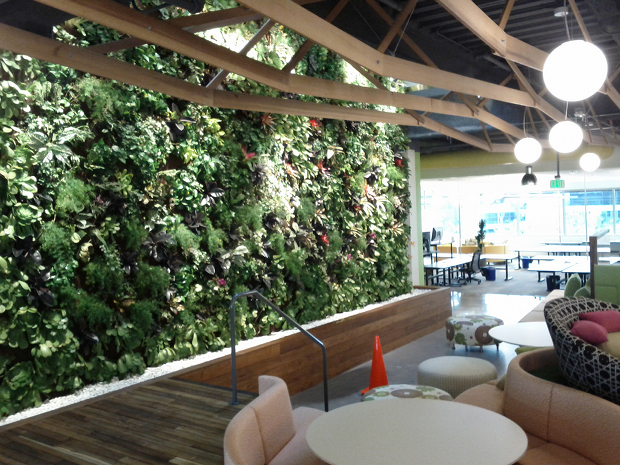
Green health in hair salons and offices
But these green care ideals don’t need to be the exclusive domain of brand new businesses. Lea Konttinen stresses that many of the ideas can be adopted by existing enterprises: “For example, hairdressing services could be expanded so that instead of a quick haircut, the customer receives a holistic experience: there could be organic food on offer, along with a range of treatments using natural products.”
Spas could also offer nature-inspired well-being services. The customer segment consisting of Russian tourists in particular is increasing rapidly. And, just like ecological sustainability or energy efficiency, green health is another aspect which can be adopted during any kind of activity: “Working environments, homes, schools, hospitals – the positive effects of nature can be utilised everywhere,” says Konttinen.
“The possibilities are endless: photos of landscapes and nature on the walls, green walls to improve indoor air. When designing green areas and gardens around buildings, the impact of nature on well-being and health could also be taken into account.”
Text: Maija Lielahti
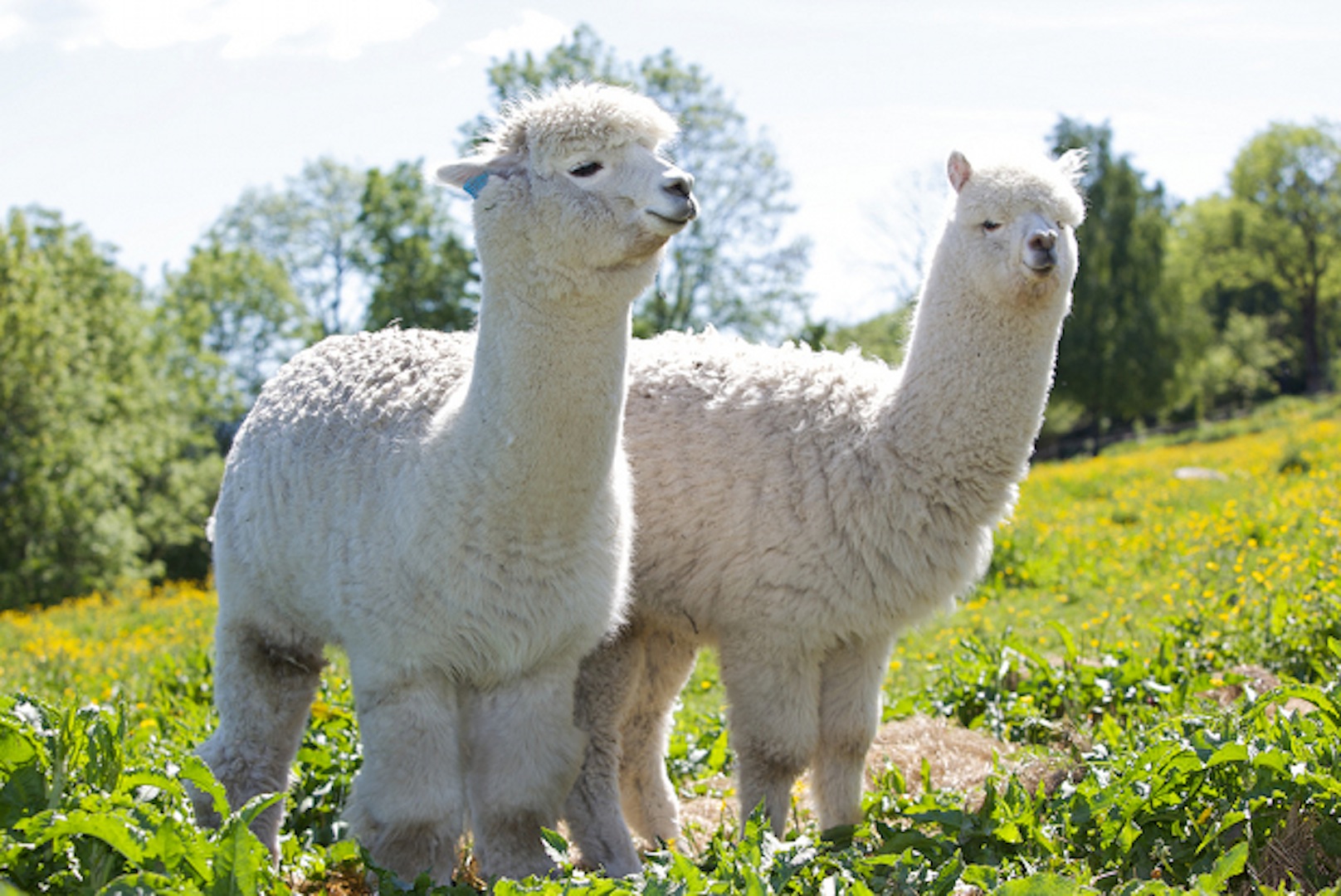
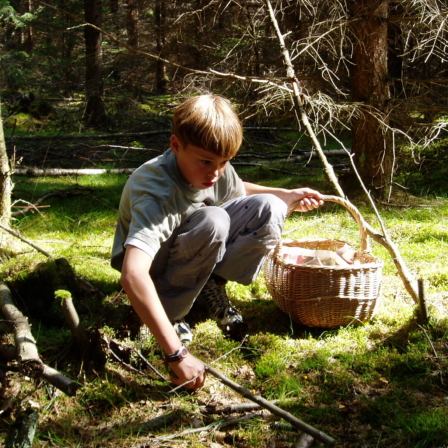
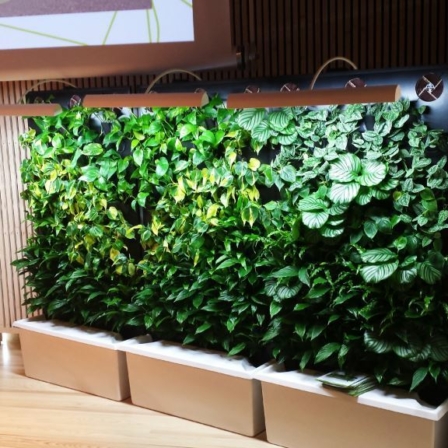
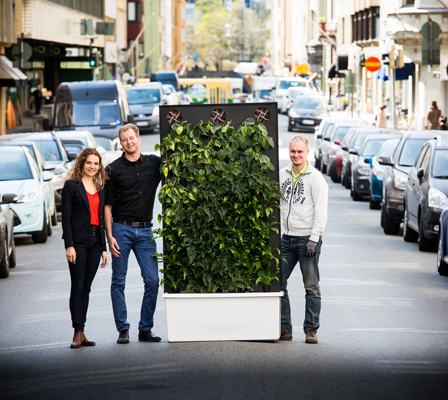
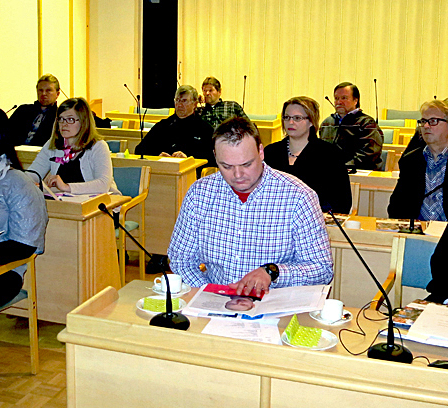
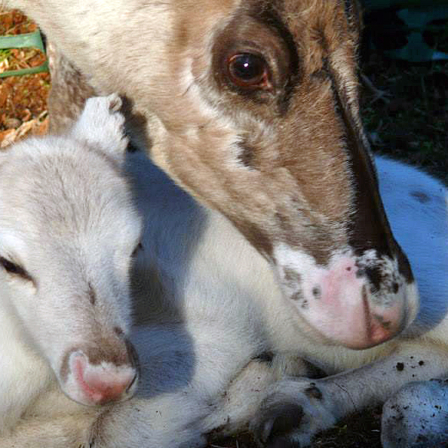




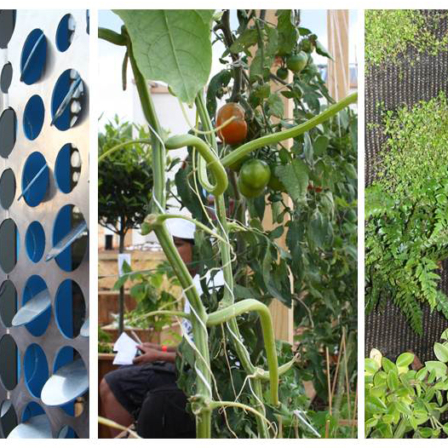


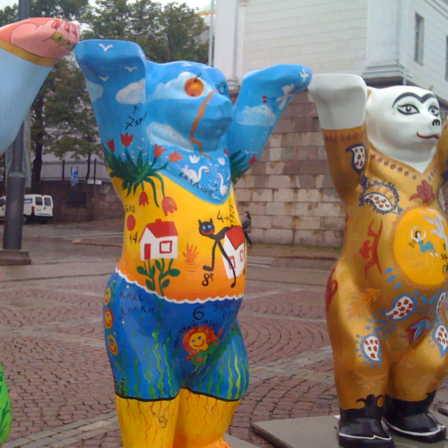
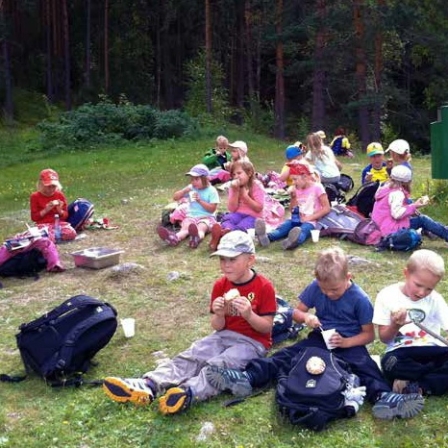


Recommended
Have some more.